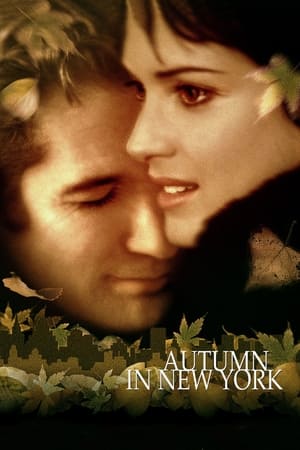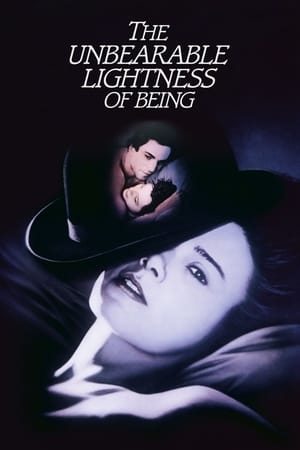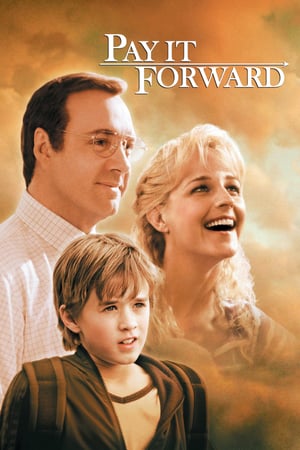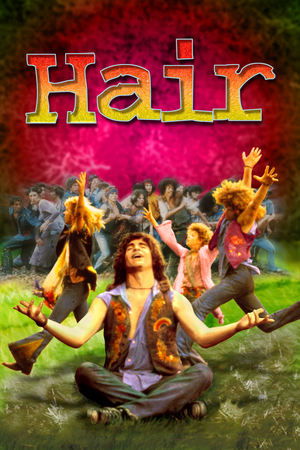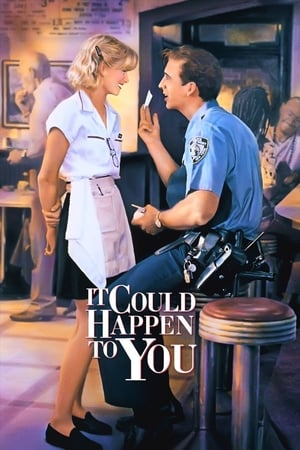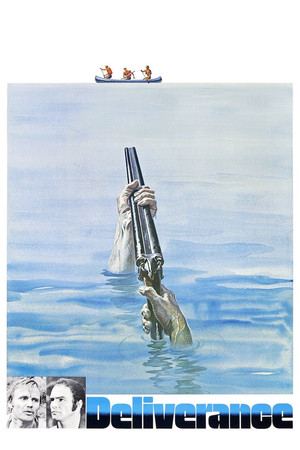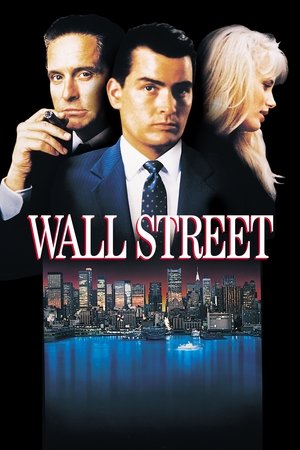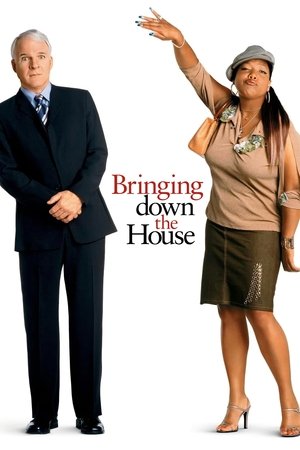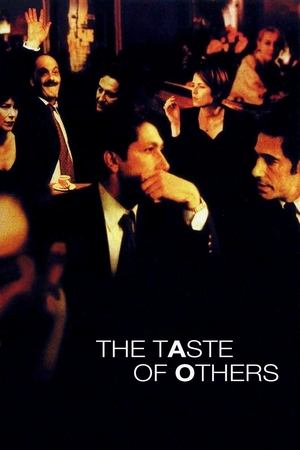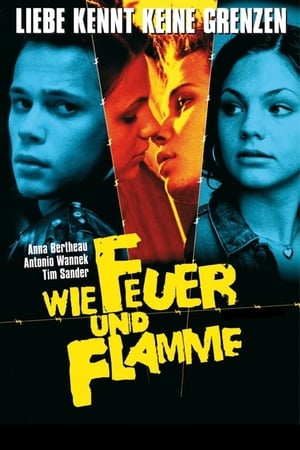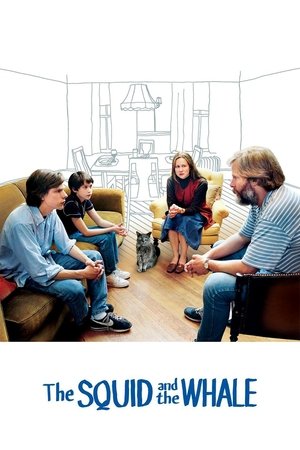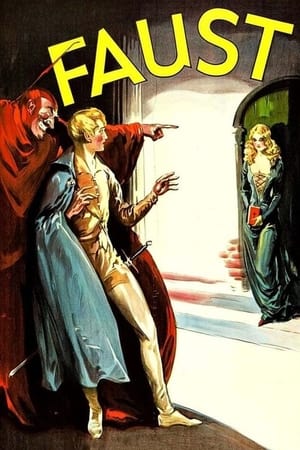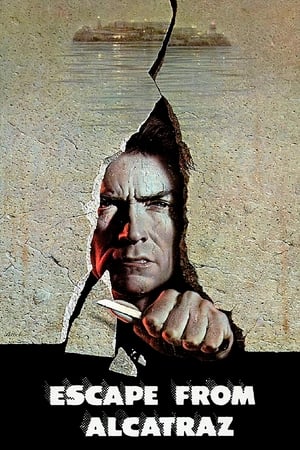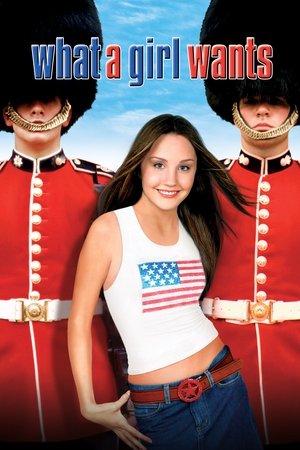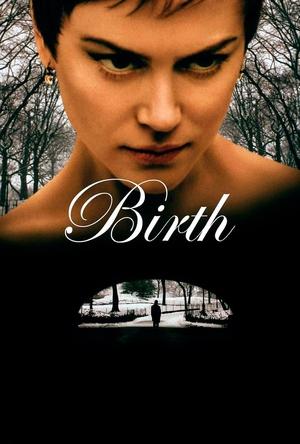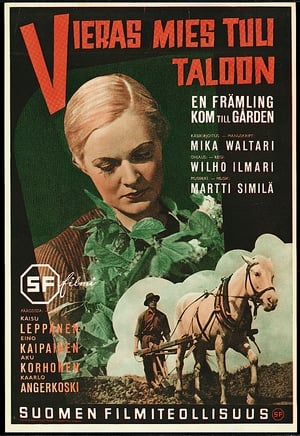Overview
In 1920s New York City, a Black woman finds her world upended when her life becomes intertwined with a former childhood friend who's passing as white.
Reviews
If you enjoy reading my Spoiler-Free reviews, please follow my blog @
https://www.msbreviews.com
Black-and-white films are something I'll always cherish, but when these two colors become part of the narrative itself, then I can only expect a great movie. Passing approaches the fear of being colored due to obvious reasons of the film's period, and it does so in a necessarily disturbing, emotionally investing manner. Tessa Thompson (Irene) plays in the colored side while Ruth Negga (Clare) enjoys the privileges of passing as white. A captivating story unravels with Irene and Clare feeling envious of each other. If the former desires the latter's (external) happiness, Clare feels terrible for not possessing the same principles and morals as Irene.
While I feel much more empathy for Irene's pride in being colored, I also don't blame Clare for getting a better life without all the discrimination. Both have their own personal problems, but as their friendship grows larger and more significant, these issues also expand and become seriously hurtful, especially to Tessa's character. The narrative loses a bit of steam when it starts focusing on romantic jealously instead of the interracial matter. The passage of time occasionally feels too abrupt and slightly confusing. Finally, the ending doesn't do justice to the movie's central theme and title, almost completely forgetting what it was supposed to communicate to the audience.
Nevertheless, it's still a marvelous film with a meaningful storytelling purpose. As expected, Tessa and Ruth deliver brilliant performances, boasting a charming, dynamic, even passionate chemistry, but André Holland, Alexander Skarsgård, and the always remarkable Bill Camp also prove their worth. The B&W transmits a beautiful message concerning the lack of importance of someone's color (in B&W, everyone looks the same), and the significant value of morals and principles that truly define a person. As her feature directorial debut, Rebecca Hall undoubtedly shows talent, but she'll need to learn that "less is more". Gorgeous, elegant cinematography from Edu Grau.
Passing is a solid feature directorial debut for Rebecca Hall, but she must learn to focus on just one central theme. Otherwise, such a beautifully shot movie boasting outstanding performances will lose its precious message in the middle of so many irrelevant, superficial romantic endeavors. Tessa Thompson and Ruth Negga carry the plot forward with charm and elegance, as does everyone else in the cast, but these two share such remarkable chemistry that I feel that the slow pacing was actually quite adequate. While the main plot revolves around the "passing as white" debate, I couldn't feel more engaged by the narrative and its opposite-sided main characters. However, this fascinating matter gradually loses energy, ultimately fading completely to an underwhelming jealously story between women, culminating in a climax that feels slightly out-of-place and exaggerated. Still, it's more entertaining than I anticipated it to be, and it still leaves the viewers with a very interesting "what if it was me" scenario to think about.
“Passing,” based on the 1929 novel by Nella Larsen, is and elegant and sophisticated film. It’s drop-dead gorgeous to look at, and the lead performances from Tessa Thompson and Ruth Negga are absolutely fabulous. Rebecca Hall‘s restrained direction adds to the beauty of the film, as does Eduard Grau‘s handsome black and white cinematography. There’s so much about this project to praise, but you may hear some refer to the movie as “nuanced” — which is nothing more than a polite way to say “boring.”
Refined, upper-class black woman Irene (Thompson) enters a fancy tearoom in a swanky New York City hotel. Across the table, she spots a blonde woman (Negga) staring her down. It turns out the two knew each other when they were younger, but fate has brought them together. Both women are black but light skinned, and Clare has used her complexion to her advantage by passing as white. They each struggle to find a place they belong in a society that’s not too kind to those who are of a different color.
It’s a story that’s filled with complex ideas, but the end result is mostly a snore. There isn’t much story to speak of, and the timely issues of gender, identity, and class, and the weighty topic of race as performance art, are squandered in a bland wrapper. The film is quite tame with its social commentary, which is so disappointing because this is the perfect vehicle in which to really make a bold statement.
Hall’s direction is nicely done, and she draws excellent performances from Negga and Thompson. But this movie is stretched to two hours when the sparse story could have been told in half that time. There are multiple scenes of deep gazes and lengthy pauses that slow down the movie, including what feels like a nearly three minute scene where someone is removing her coat.
I had high hopes for “Passing,” but I feel like this book-to-screen adaptation was a wasted opportunity to deliver a more important, profound message.
Tessa Thompson is "Renie" - married to successful doctor "Brian" (André Holland), who heads for some tea after a long day and encounters childhood friend "Clare" (Ruth Negga). She doesn't immediately recognise her because she has little colour in her skin... Indeed, as the story pans out even her husband, the pretty openly bigoted "John" (Alexander Skarsgård) has no idea that his wife is negro. "Clare" is pretty lonesome, and soon finds solace and popularity amongst her friend's friends who find her charming and vivacious - traits "Renie" possesses in scan quantity. What now ensues is a gentle observational look as how the relationship between the women, and the former's husband, children - even her maid, develop. The film is very easy to watch, to look at - the style of cinematography, the costumes and the lighting all lend themselves well to the imagery. The story itself is less impressive. Aside from quite a few plausibility issues, Thompson just seems to try too hard. There is little natural about her performance, and though perhaps, by contrast, because Negga is very much on top of her character, that does take much from the potency of this theoretically challenging, cleverly scored story. The ending, well - least said, I think though. It is almost as if Rebecca Hall just ran out of paper, rather than story.

 98 min
98 min
 6.266
6.266
 2021
2021
 Canada
Canada
 Manuel São Bento wrote:
Manuel São Bento wrote: